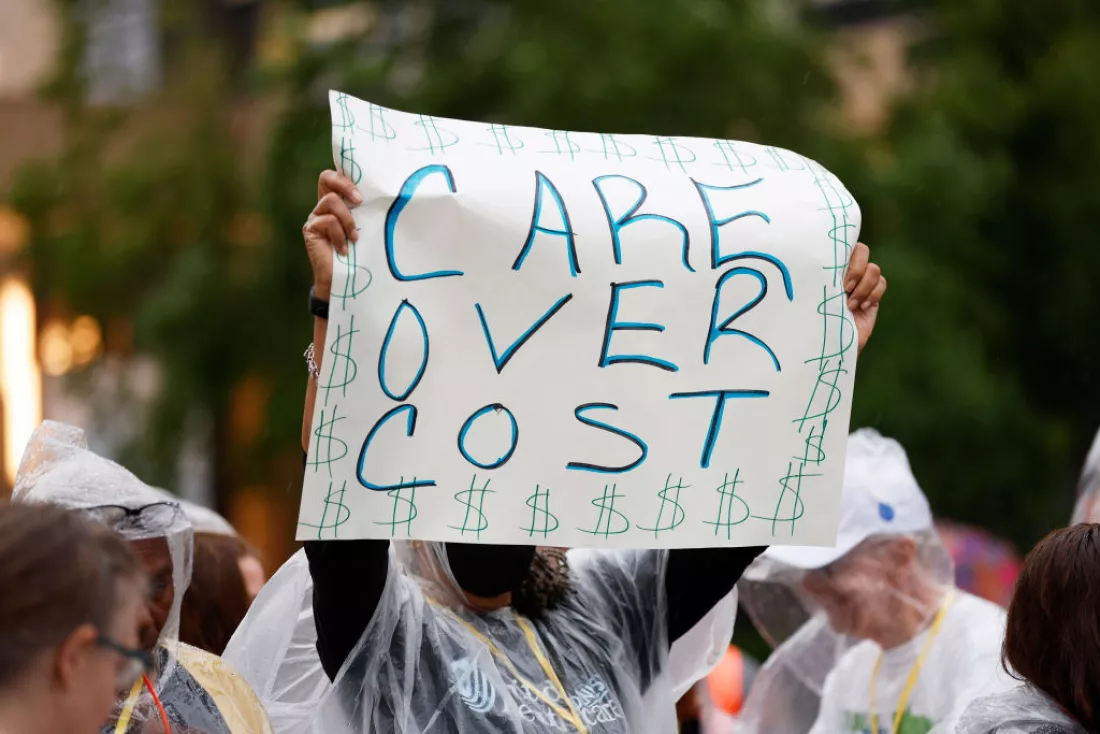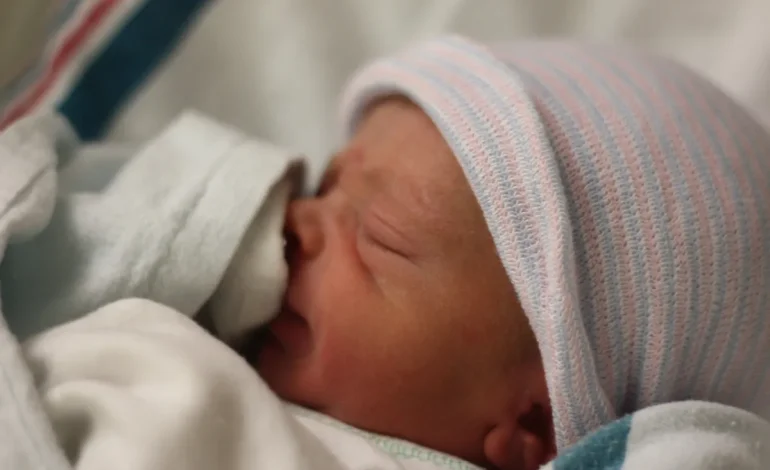Evanston Regional Hospital will discontinue its labor and delivery services on December 30, marking the fourth maternity unit closure in Wyoming over the last decade, Wyo File reports.
The hospital cited declining demand as the reason for the closure, explaining that fewer mothers are delivering babies locally and opting for other facilities. The maternity unit closure in Evanston follows similar shut-downs in Riverton, Kemmerer, and Rawlins, part of a larger trend that has left just 17 maternity wards across Wyoming’s 23 counties.
Alyssa Vasey, a pregnant mother from Kemmerer, planned to deliver at Evanston Regional Hospital and was caught off guard when she learned about the closure through a friend. Living in a rural area with limited access to maternity care, Vasey and her husband now face difficult choices, such as arranging a home birth or making a lengthy and potentially hazardous drive to a Utah hospital, especially challenging with her due date falling during Wyoming’s harsh winter months.
As rural hospitals across the country contend with staff shortages and the high costs of operating obstetric units, Wyoming’s maternity care has faced similar struggles. Fewer than half of rural hospitals nationwide offer labor and delivery services. In Evanston’s case, the hospital noted that maintaining labor and delivery care with an average of six monthly births is financially challenging.
“In obstetrics, hospitals staff for capacity,” stated Josh Hannes of the Wyoming Hospital Association.
Hannes also added that hospitals bear costs regardless of birth numbers due to the unique demands of maternity care.
The closure also highlights Wyoming’s broader struggle with maternal health access. Eleven counties lack any OB-GYN services, and fewer facilities mean that pregnant women are traveling longer distances for care, often across state lines. In a recent 2024 State Scorecard on Women’s Health and Reproductive Care, Wyoming ranked 42nd overall, falling behind neighboring states in terms of maternal health services. The Joint Labor, Health, and Social Services Committee, along with Governor Mark Gordon’s Health Task Force, has been studying potential solutions, but no single answer has emerged. Options such as tort reform, rural residency programs, and expanding midwifery are under consideration, but challenges remain due to complex factors like medical malpractice insurance and healthcare financing.
Jen Simon, founder of the Wyoming Women’s Action Network, emphasized the critical role that maternity care plays in the strength of rural communities.
“If we want to continue to have strong communities and even a strong economy, that really is predicated on having healthy pregnancies and people knowing where they can go for care,” Simon stated.
For medical professionals in Wyoming, the situation is similarly challenging. Mandi Lew, a nurse midwife who grew up in Rock Springs, sought to support Wyoming mothers but found it increasingly difficult to work in a state with limited resources and staff. After maternity units closed in multiple Wyoming facilities, she relocated to Utah, where she now practices. Lew expressed concern that the loss of training opportunities and resources could lead to increased maternal and infant health risks in Wyoming.
Though Evanston Regional Hospital will no longer offer labor and delivery, it will continue providing other women’s health services, including mammograms and gynecological care. For Vasey and other expectant mothers, the future of maternity care remains uncertain.
“They close [OB] down like it’s a dermatology clinic or an infusion clinic… but there’s always going to be women that need to give birth,” Vasey said.









